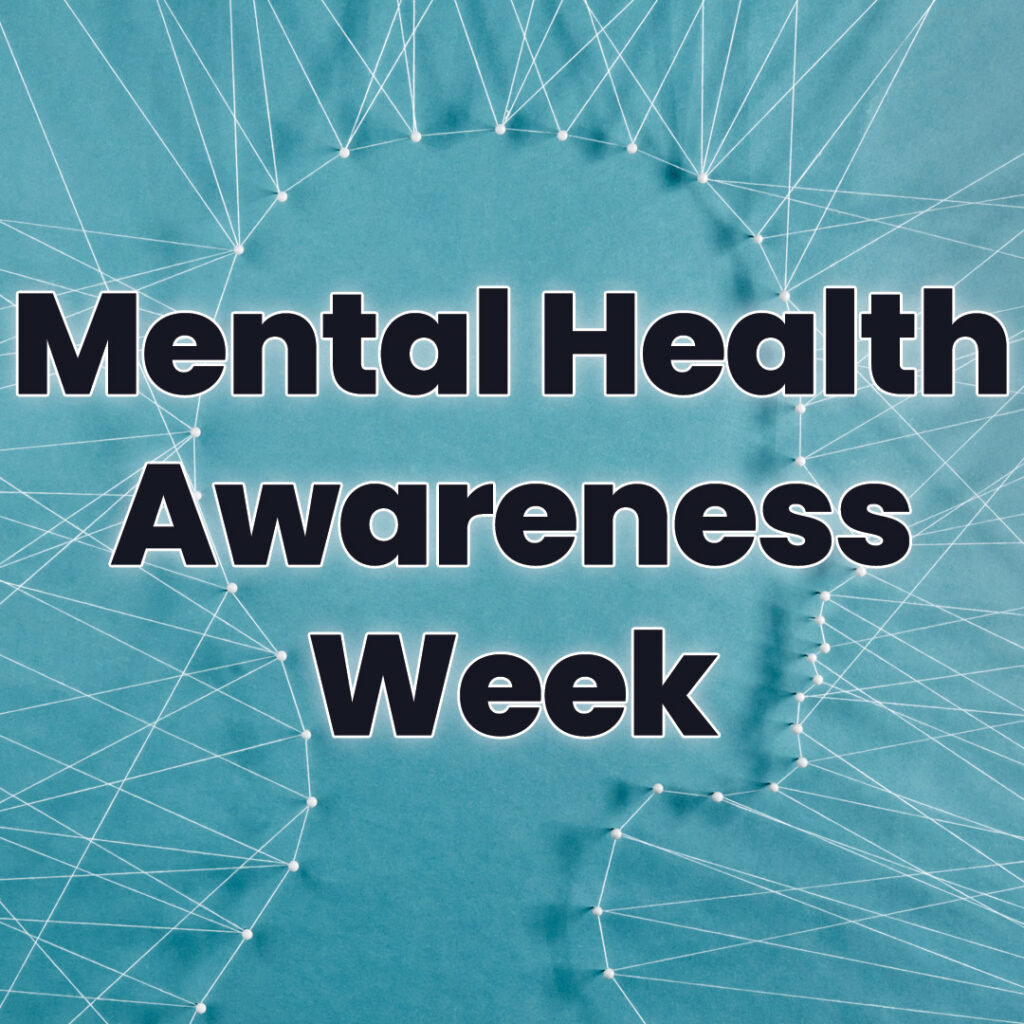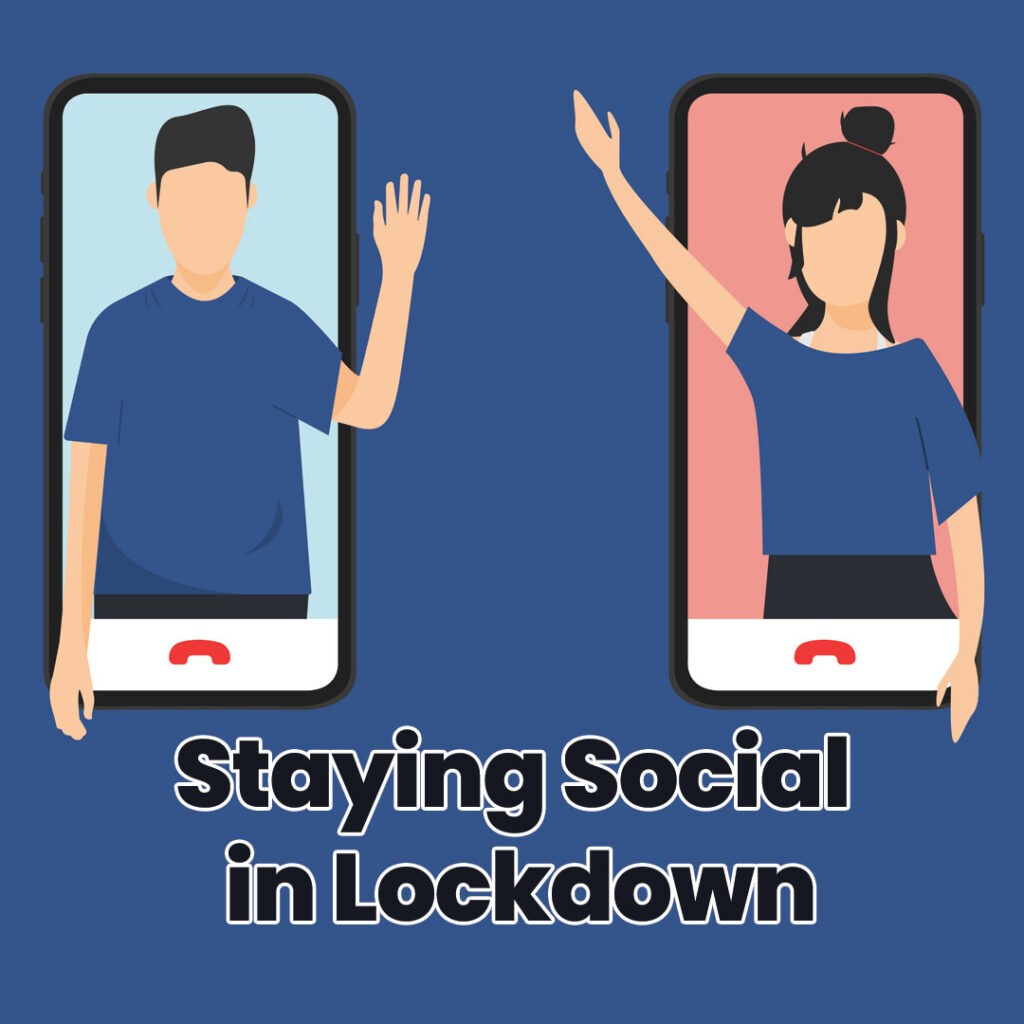Does Exercise Help Your Immune System?
Being in isolation shouldn’t be an excuse for no exercise. Physical activity is an important aspect of a healthy lifestyle and plays a vital role in maintaining a healthy immune system. Even though you might not feel like it, exercise has many benefits for your health and wellbeing and shouldn’t be overlooked.
What is the immune system?
The immune system is the body’s natural defence against infections. It is a complex body system but without it, you would be defenceless against even the most trivial illnesses and infections.
The immune system is made up of a network of cells and proteins that defend you from invading pathogens like bacteria and viruses. White blood cells are a significant part of it. They’re made in the bone marrow and travel through the bloodstream looking for foreign microbes. If they are found, these cells launch an attack and begin the process of eliminating the invader from the body.
However, there are other factors that help to defend your body from attack. For example, saliva, tears and mucous all help to reduce the risk of infection. Saliva and tears contain antibacterial enzymes. While a fever is an immune system response to an invader and is why it is a main symptom of the coronavirus because the body has already begun fighting the infection. That’s because a rise in body temperature can kill some pathogens and it triggers the body’s repair systems.
The immune system is made up of two parts, innate and adaptive. The innate system is the one you were born with. It consists of many cells, particularly white blood cells, known to have an immune function. Although the system is rapid in its response to an invader, it isn’t specific and is less effective than the adaptive response.
The adaptive immune response is clever. It can recognise a specific invader and remember it if it enters the body again. Therefore, if the pathogen is found again in the body, the effects may be less severe than before or your body may fight the infection quicker.
Although it does a fantastic job, sometimes the immune system fails and an invader can make you ill. There are things, however, we can do to boost it, and even though these will not guarantee your immune system fights every infection, the steps will also benefit your overall health and wellbeing.
Ways to boost your immune system
The idea that we can boost our immune system and hopefully not get ill is exciting but it is more complicated than it sounds. The immune system is complex and isn’t just one single unit, it’s a complete system made up of cells, antibodies, proteins, organs, and all sorts of other things.
There are several factors which may help to keep your immune system functioning well, including:
- Good nutrition
- Exercise
- Not smoking
- Limiting alcohol consumption
- Maintain a healthy weight
- Get good sleep
- Minimising stress
- Practising good hygiene like handwashing
Boosting your immune system with exercise
Exercise may enhance the body’s immune response to an invader but getting the right balance is essential. For example, moderate to vigorous exercise which is less than 60 minutes in duration is thought to be important for keeping the immune system strong and healthy. However, high-intensity workloads can increase stress on the body and are linked with inflammation, muscle damage, and an increased risk of illness.
Some research shows that in the short-term, exercise helps the body to deal with invading pathogens and in the long term regular physical activity can slow down the age-related changes that occur and so, can reduce the risk of infections.
How much exercise do I need?
Everyone should aim to complete 150 minutes of moderate-intensity aerobic exercise each week. Moderate intensity exercises may include walking, running, or cycling but some exercise is better than none at all. Resistance training is also beneficial for movement and maintaining the health of your muscles and you should try to complete some strength exercises at least twice per week.
Don’t forget exercise also has many benefits for other aspects of your health, including:
- Heart health
- Maintaining a healthy weight
- Lowers blood pressure
- Reduces food transit time
- Supports good mental health
So, whether you’ve never exercised before or you’re an avid exerciser, isolation is the perfect time to start getting active without breaking the lockdown rules. You can exercise in the comfort of your living room, kitchen or even garden and you don’t need fancy, designer equipment either, there are plenty of household items you can improvise with!
For some inspiration take a look at our Workout Wednesday
Sources
Childs, C, E et al. (2019). Diet and Immune Function. Nutrients: 11(8).
Geddes, L. (2020). Fever Can Help the Immune System, So What Should We Do If We Have One? New Scientist.
Nieman, D, C and Wentz, L, M. (2019). The Compelling Link Between Physical Activity and the Body’s Defense System. Journal of Sport and Health Science: 8(3), pp 201-217.
Simpson, R, J et al. (2020). Can Exercise Affect Immune Function to Increase Susceptibility to Infection? Exerc Immunol Rev: 26, pp 8-22.













